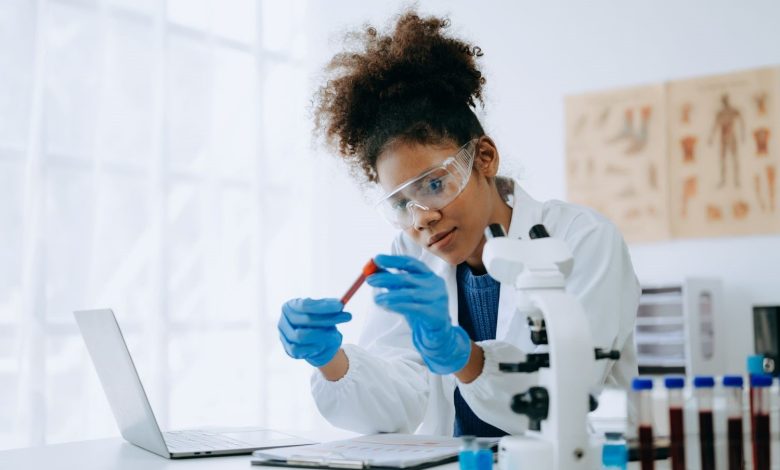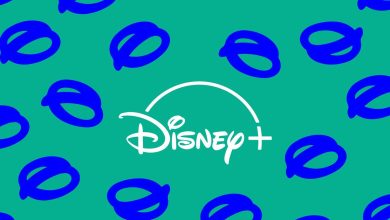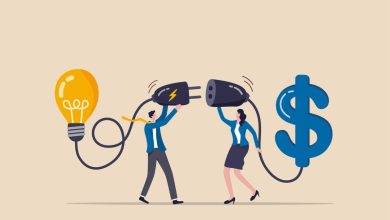AI Could Be Making Scientists Less Creative

Adopting synthetic intelligence instruments to research information and mannequin outcomes has a big impact on the profession prospects of younger scientists, considerably growing their probabilities of rising to positions of affect of their fields, in response to a brand new examine. However that boon for particular person researchers seems to be coming at a broader price to science.
Researchers on the College of Chicago and Tsinghua College, in China, analyzed almost 68 million analysis papers throughout six scientific disciplines (not together with pc science) and located that papers incorporating AI methods had been cited extra usually but in addition centered on a narrower set of subjects and had been extra repetitive. In essence, the extra scientists use AI, the extra they give attention to the identical set of issues that may be answered with massive, present datasets and the much less they discover foundational questions that may result in solely new fields of examine.
“I used to be stunned on the dramatic scale of the discovering, [AI] dramatically will increase individuals’s capability to remain and advance inside the system,” mentioned James Evans, a co-author of the pre-print paper and director of the Information Lab on the College of Chicago. “This means there’s a large incentive for people to uptake these sorts of methods inside their work … it’s between thriving and never surviving in a aggressive analysis area.”
As that incentive results in a rising dependence on machine studying, neural networks, and transformer fashions, “the entire system of science that’s performed by AI is shrinking,” he mentioned.
The examine examined papers printed from 1980 to 2024 within the fields of biology, drugs, chemistry, physics, supplies science, and geology. It discovered that scientists who used AI instruments to conduct their analysis printed 67 % extra papers yearly, on common, and their papers had been cited greater than 3 times as usually as those that didn’t use AI.
Evans and his co-authors then examined the profession trajectories of three.5 million scientists and categorized them as both junior scientists, those that hadn’t led a analysis staff, or established scientists, those that had. They discovered that junior scientists who used AI had been 32 % extra more likely to go on to guide a analysis staff—and progressed to that stage of their profession a lot quicker—in comparison with their non-AI counterparts, who had been extra more likely to go away academia altogether.
Subsequent, the authors used AI fashions to categorize the subjects lined by AI-assisted versus non-AI analysis and to look at how the several types of papers cited one another and whether or not they spurred new strands of inquiry.
They discovered that, throughout all six scientific fields, researchers utilizing AI “shrunk” the topical floor they lined by 5 %, in comparison with researchers that didn’t use AI.
The realm of AI-enabled analysis was additionally dominated by “famous person” papers. Roughly 80 % of all citations inside that class went to the highest 20 % of most-cited papers and 95 % of all citations went to the highest 50 % of most-cited papers, which means that about half of AI-assisted analysis was not often if ever cited once more.
Equally, Evans and his co-authors—Fengli Xu, Yong Li, and Qianyue Hao—discovered that AI analysis spurred 24 % much less follow-on engagement than non-AI analysis within the type of papers that cited one another in addition to the unique paper.
“These assembled findings counsel that AI in science has turn out to be extra concentrated round particular scorching subjects that turn out to be ‘lonely crowds’ with decreased interplay amongst papers,” they wrote. “This focus results in extra overlapping concepts and redundant improvements linked to a contraction in information extent and variety throughout science.”
Evans, whose specialty is learning how individuals be taught and conduct analysis, mentioned that contracting impact on scientific analysis is just like what occurred because the web emerged and tutorial journals went on-line. In 2008, he printed a paper within the journal Science exhibiting that as publishers went digital the forms of research researchers cited modified. They cited fewer papers, from a smaller group of journals, and favored newer analysis.
As an avid consumer of AI methods himself, Evans mentioned he isn’t anti-technology; the web and AI each have apparent advantages to science. However the findings of his newest examine counsel that authorities funding our bodies, companies, and tutorial establishments must tinker with the inducement methods for scientists as a way to encourage work that’s much less centered on utilizing particular instruments and extra centered on breaking new floor for future generations of researchers to construct upon.
“There’s a poverty of creativeness,” he mentioned. “We have to decelerate that full substitute of sources to AI-related analysis to protect a few of these various, present approaches.”








